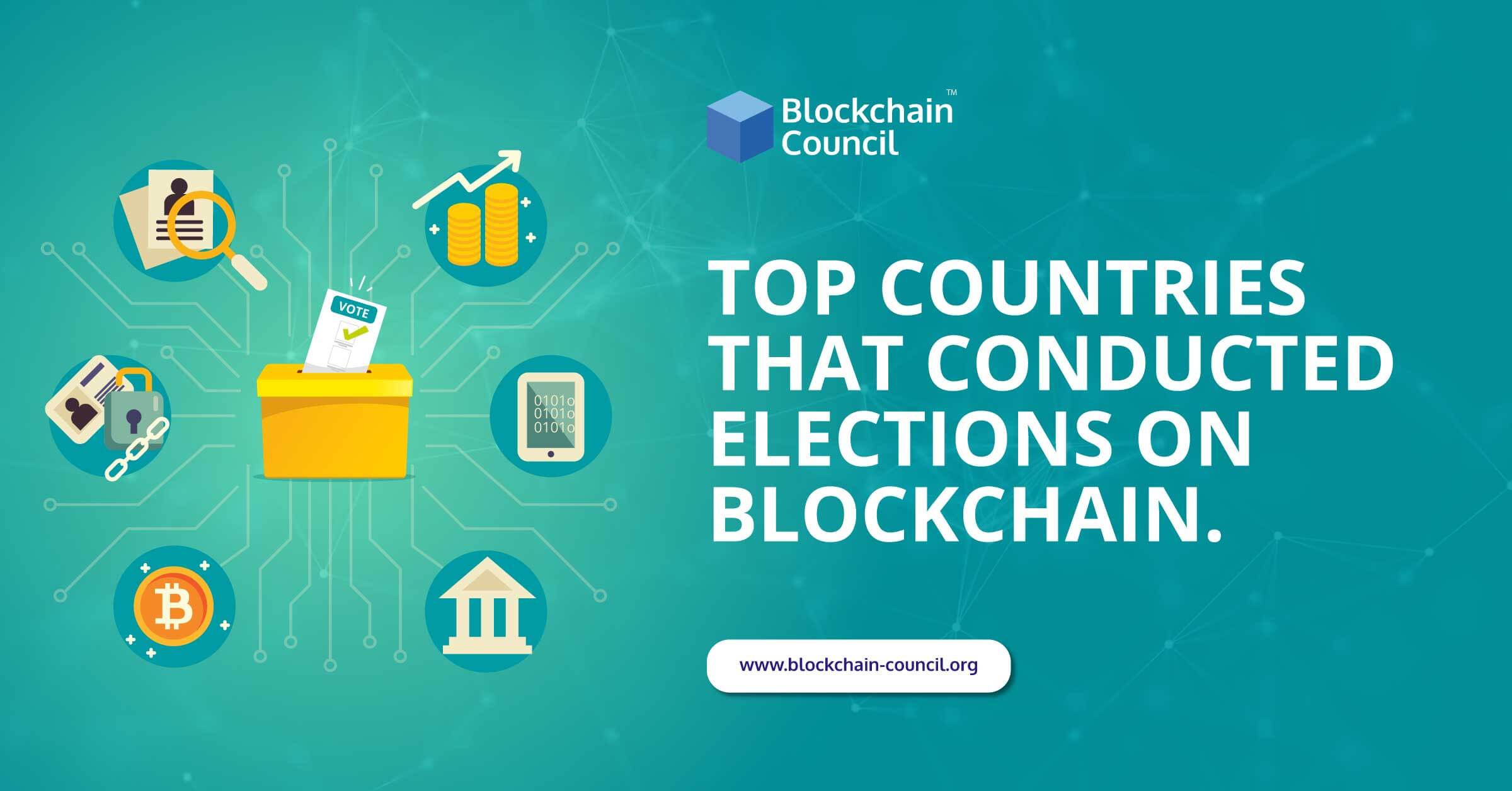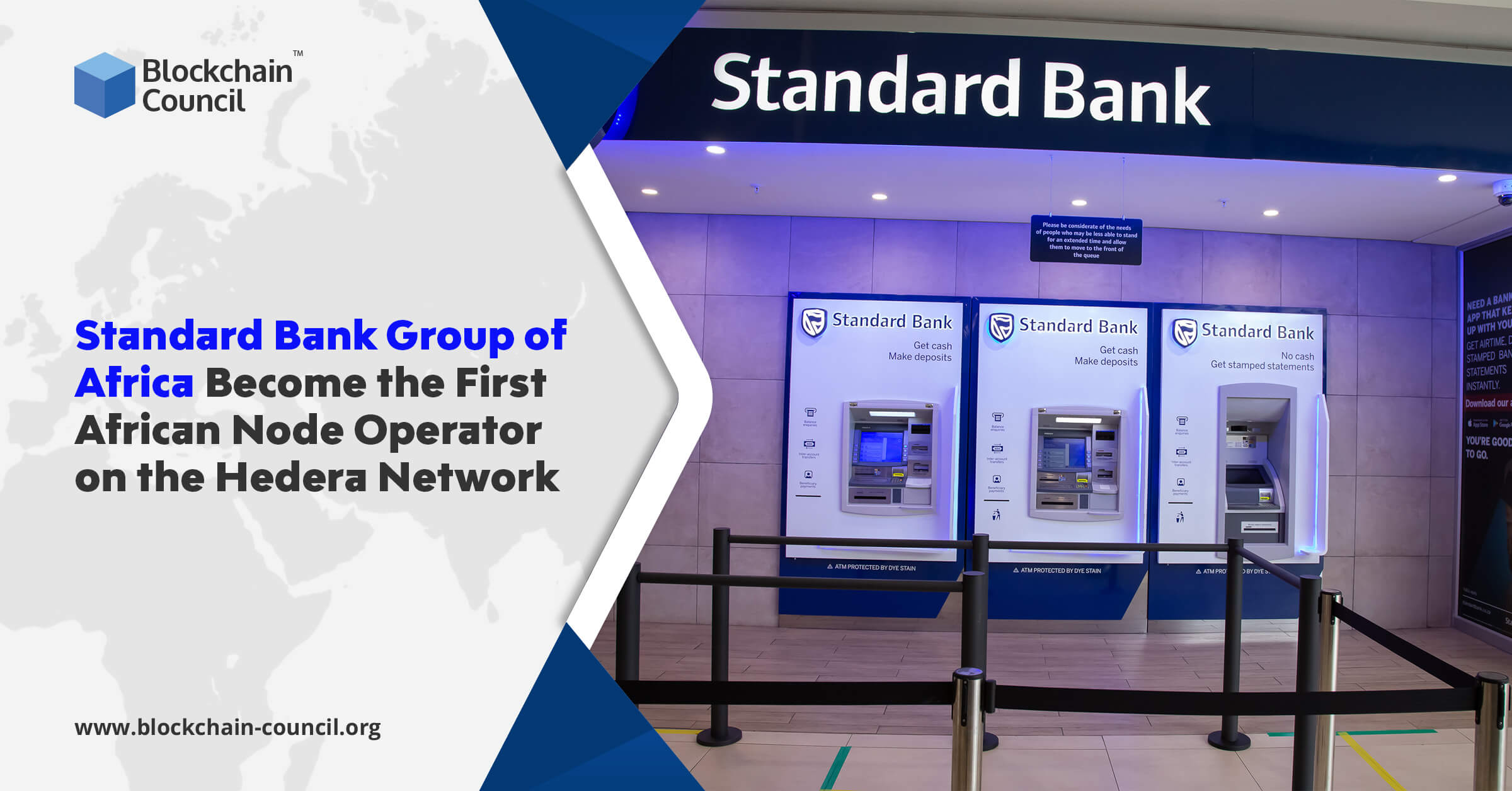
- Toshendra Kumar Sharma
- February 19, 2025
Blockchain is making news every other day. It has become a buzzword, and the reason is its strong features. Blockchain is a technology with so many features that can be helpful in multiple domains. In today’s blog, we will discuss its application in the voting system and how two countries have leveraged Blockchain successfully to conduct transparent elections.
There have been debates regarding the voting system’s lack of transparency and trust. General elections have many issues, such as Lack of transparency, Hacking of political party’s emails, Auditability of votes, Accessibility, and Security of votes.
There are many more significant problems that we are facing with the general election system today. Elections form the basis of a democratic nation. Thus, corruption in elections is a big problem. It not only thrashes people’s trust in the system but also creates an environment of mistrust among the people. Thus, Blockchain is adopted by countries these days to create a system that can help quicken the pace of work without hampering the efficiency of the system and enhancing transparency.
Sierra Leone
Sierra Leone conducted a Blockchain-based voting system on March 7 and became the first country to do so. Leonardo Gammar of Agora stored votes in an immutable distributed ledger, offering instant access to the election results.
Grammar has previously said, “Anonymized votes/ballots are being recorded on Agora’s blockchain, which will be publicly available for any interested party to review, count and validate,”
Sierra Leone wished to create an environment of trust and transparency with the voters in a contentious election. By using blockchain to record ballots and results immutably, the country created legitimacy in the election and reduced fallout from opposition parties.
Gammer said, “We’re the only company in the world with a fully functional blockchain voting platform. Other electronic voting machines are mere ‘black boxes’ that have been increasingly shown to be vulnerable to security attacks. Therefore, many US states and foreign nations have been moving back to paper”.
He further said, “If you believe that most countries will use some form of digital voting 50 years from now, then blockchain is the only technology that has been created that can provide an end-to-end verifiable and fully transparent voting solution for this future.”
Russia
Authorities of Moscow planned and launched a blockchain-based electronic voting system pilot project in June 2019. The project was carried out by partnering with the Moscow City Election Commission and Moscow Department of Information Technology (DIT). They provided the required support for the testing of the project.
The Moscow Department of IT functions in the field of IT and also follow the policies of the City of Moscow. It ensures the cross-industry coordination of other executive authorities of the city.
Previously, Artem Kostyrko, Deputy Head of DIT, said, “We plan to do a test vote in the summer, at the end of June, until the list of participants is determined. While we had conversations with student associations, elections to the main councils have been held on the blockchain for a long time. And we are planning to collect some feedback and see what changes must be made to the program.”
The blockchain-based system is not considered as a replacement for the regular voting system but represents another form of voting which the Muscovites used. The Russian Duma saved the results of e-voting with the help of Distributed Ledger Technology (DLT). This helped in enhancing transparency in elections and eliminating intermediaries in the electoral process.
Conclusion
Therefore it is safe to conclude that Blockchain has taken the world by storm and is definitely proving to be a saviour in election processes by ensuring uncorrupted elections. For more information visit Blockchain Council.





































































 Guides
Guides News
News Blockchain
Blockchain Cryptocurrency
& Digital Assets
Cryptocurrency
& Digital Assets Web3
Web3 Metaverse & NFTs
Metaverse & NFTs
